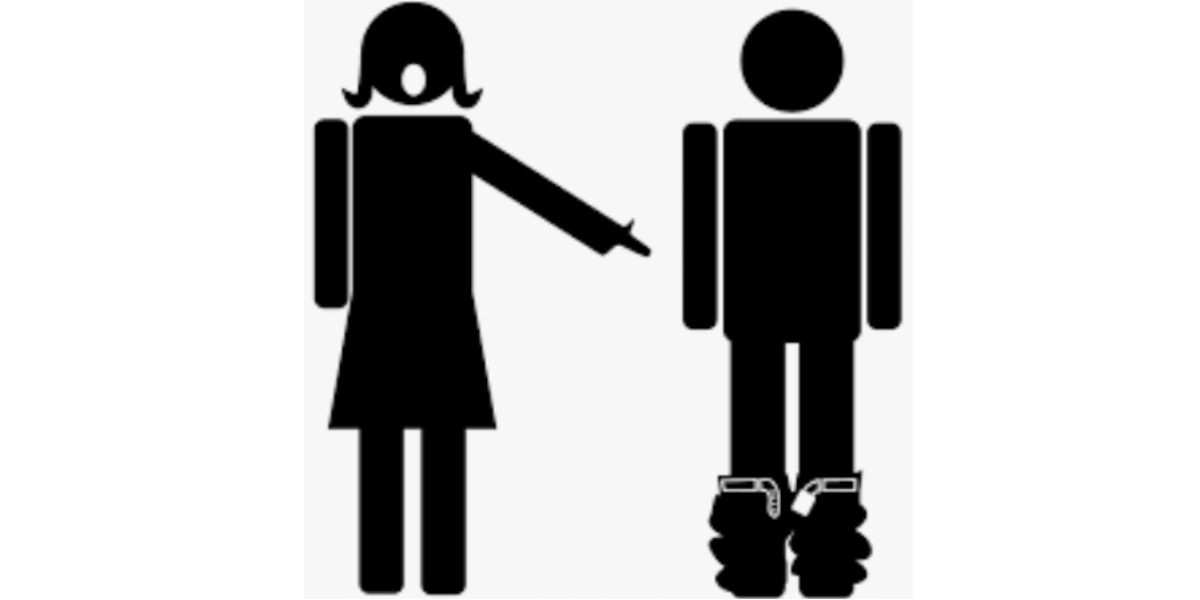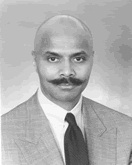
24 Jan 2020 Racial Reckoning Wrong at The Root
It’s time to revoke Michael Harriot’s wypipologist credentials.
The writer for The Root claims to a be a wypipologist (and an Ethiopian king) in his bio. It’s a boast by Harriot, who is black, of his allegedly astute observational powers with regard to white people. But he recently failed dramatically after he repeatedly referred to Peter Kirsanow, a member of the National Center’s Project 21 black leadership network, as being white.
In a National Review essay published just before Martin Luther King Day, Peter criticized the New York Times 1619 Project for being “obsessed with race” in its effort to reset America’s historical founding to when slavery was introduced to the colonies “to define the U.S. by its failures.” He faults the newspaper for “deliberately minimiz[ing] the contributions of white Americans and magnify[ing] and romanticiz[ing] the contributions of black Americans.”
Ultimately, Peter takes issue with the 1619 Project “being used in public school curricula,” where “it’s likely to become the accepted Story of America within a generation unless there’s significant pushback.”
Then, as one would expect from Peter – a seasoned attorney who once served on the National Labor Relations Board and who has been a commissioner on the U.S. Commission on Civil Rights since 2006 – he backed up his assertions with facts and quotes from other scholars.
Now Harriot has every right to criticize Peter, but just not in a retort headlined “Black History, According to White People.” And, beyond getting Peter’s race wrong, most people would agree that one’s arguments tend to be cheapened when they – as Harriot did – call Peter a “motherf—er.”
In his article, Harriot sought to repackage the paper’s take on history as “trying to envenom defenseless white children by exposing them to the poisonous truth – namely, America’s shameful history of slavery.” And Peter was standing in the way. But he simply sought, using the backdrop of Dr. King’s dream of a colorblind society in which people work together for a unified future, to criticize the rhetoric of the alleged newspaper of record in pursuing an agenda that would result in exactly the opposite.
Harriot proved Peter’s point with his irresponsible journalism. His rhetoric pitched the racial division that Peter sees as destructive to the fabric of our nation.
It would seem Harriot just assumed Peter’s race. But Peter’s photo was right there at the bottom of the National Review essay with his bio line. Yet, throughout his piece, Harriot sprinkled in his assertion that Peter was not black:
- “… Kirsanow writes, whitely.”
- “This is the venom of white supremacy.”
- “As white people are wont to do…”
- “White people love to quote King…” [Peter didn’t]
The Root really looks bad here. The website was founded by Harvard Professor Henry Louis Gates, Jr. with the financial and technical backing of the Washington Post. It’s been sold a few times and is now lumped in with sites including The Onion, Clickhole and Jalopnik. What makes things really bad is that they still haven’t struck the article from the site – or even put in an editor’s note.
This has been addressed by Harriot, who blames his editor. But here’s the deal: he throws the editor under the bus for reportedly taking out a paragraph she felt was tastelessly over the line — referring to Peter as a black man whom he implies “stick[s] his nose up white people’s a–[es].” So… Harriot’s excuse is they left out the part where he essentially says that Peter is a wannabe white person.
That probably would have made it a whole lot better, dontchathink?
As for Peter, he told the Washington Free Beacon:
Well, I guess if Elizabeth Warren can be Cherokee, I can be white. Wait ‘til my wife finds out.




